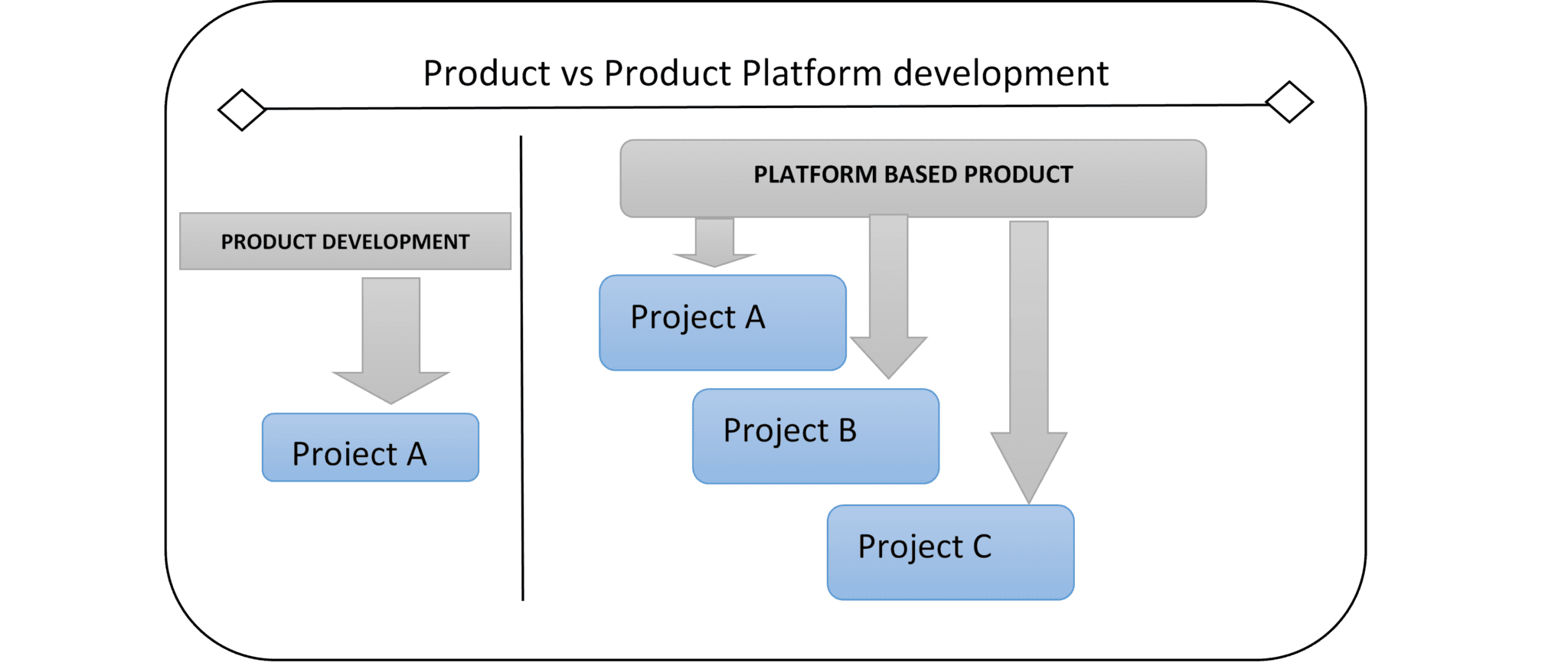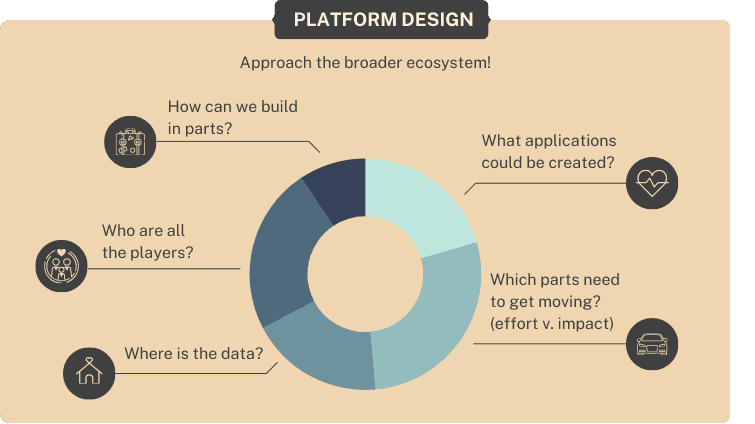Aug 20, 2023
Mark Bench
The uses of AI in Blockchain and Smart Contracts are a rapidly evolving field, that is transforming the way we use these technologies. We rely on Blockchains and Smart Contracts for their transparency and trust to always work the same, reliable way. With decentralization at it’s core, Blockchain and Smart Contracts are highly secure and resistant to tampering, hacking and fraud, as data is distributed across a network of computers rather than stored in a central location.
Here are some of the key use cases and applications of AI in this domain:
1. Intelligent Contract Execution: AI can be integrated into Smart Contracts to make them more “intelligent” by enabling them to adapt, learn, and make decisions based on real-time data and changing conditions. This can lead to more efficient and effective contract execution.
2. Automated Decision-Making: AI-powered Smart Contracts can automate decision-making processes, such as the purchase and sale of assets, based on predefined rules and parameters. This can help streamline transactions and reduce the potential for human error.
3. Predictive Analytics: AI can be used to analyze historical data and use predictive analytics to identify potential challenges or issues that may arise during the execution of a Smart Contract. This can help mitigate risks and ensure smoother contract performance.
4. Improved Efficiency and Cost Savings: By automating various aspects of Smart Contract management and execution, AI can help reduce the time and resources required, leading to cost savings and improved efficiency.
5. Enhanced Security and Fraud Detection: AI-powered Smart Contracts can incorporate advanced security measures, such as anomaly detection and fraud prevention, to enhance the overall security of Blockchain-based transactions.
In terms of the advantages of AI-powered Smart Contracts, the key benefits include:
– Increased Efficiency and Automation: AI can automate various aspects of Smart Contract execution, leading to faster, more accurate, and less error-prone transactions.
– Improved Decision-Making: AI-driven Smart Contracts can make more informed and adaptive decisions based on real-time data and changing conditions.
– Enhanced Security and Fraud Prevention: AI-powered security measures can help detect and prevent fraudulent activities within the Smart Contract ecosystem.
– Cost Savings: Automation and improved efficiency can lead to significant cost savings for organizations and individuals using AI-powered Smart Contracts.
However, there are also some potential disadvantages and challenges to consider:
– Complexity and Transparency: The integration of AI into Smart Contracts can increase the complexity of the system, potentially making it more difficult to understand and audit.
– Reliance on Data Quality: The effectiveness of AI-powered Smart Contracts is heavily dependent on the quality and accuracy of the data used to train the AI models.
– Regulatory Uncertainty: As the use of AI in Blockchain and Smart Contracts is a relatively new and evolving field, there may be regulatory uncertainties and challenges that need to be addressed.
– Potential for Bias and Unintended Consequences: AI-driven decision-making within Smart Contracts may inadvertently introduce biases or lead to unintended consequences that need to be carefully considered and mitigated.
Overall, the integration of AI with Blockchain and Smart Contracts holds significant promise, but it also requires careful consideration of the potential benefits and challenges to ensure the technology is leveraged effectively and responsibly.

Begin innovating with a “Platform as a Product” mindset.
“Platform as a Product” is an engineering, organizational concept, and design-thinking approach...
Read more
Aug 19, 2024

The Role of Venture Studios in the Startup Ecosystem
Venture studios are a new and innovative way to incubate and launch successful startups. But what....
Read more
Aug 19, 2024
Read More


